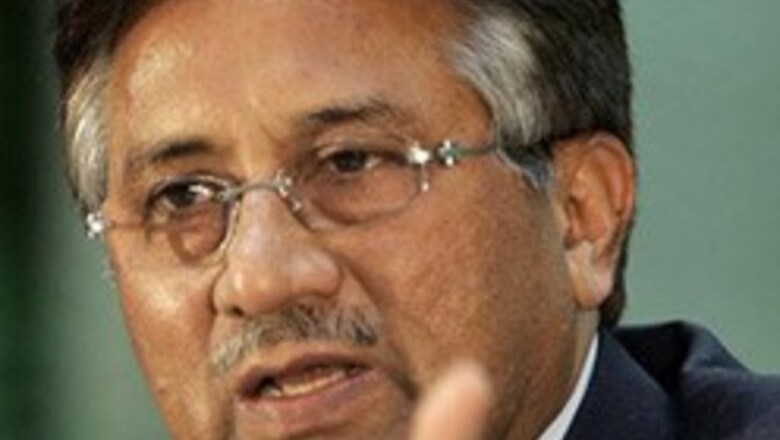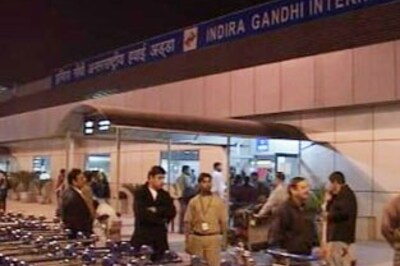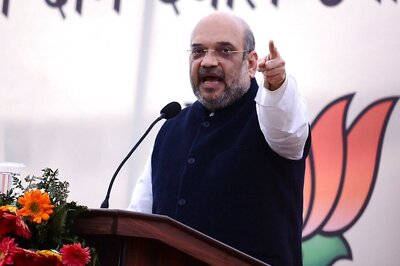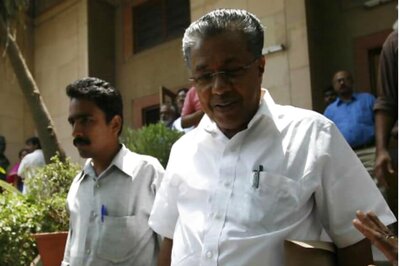
views
London: General Parvez Musharraf, the former Pakistani president and army chief, has admitted his country's Inter-Services Intelligence has links with militant leader Sirajuddin Haqqani, who allegedly masterminded the attack on the Indian embassy in Kabul in July 2008.
Musharraf told a German newspaper the ISI had "used Haqqani's influence" to secure the release of Pakistan's Afghanistan ambassador, who was kidnapped by Tehrik-e-Taliban chief Baitullah Mehsud.
Haqqani "is the man who has influence over Baitullah Mehsud, a dangerous terrorist, the fiercest commander in South Waziristan and the murderer of Benazir Bhutto, as we know today," Musharraf said in an interview to Der Spiegel.
"Mehsud kidnapped our Ambassador in Kabul, and our intelligence used Haqqani's influence to get him released. Now that does not mean that Haqqani is supported by us. The intelligence service is using certain enemies against other enemies. And it is better to tackle them one by one than making them all enemies," he said.
Musharraf hinted that the ISI had supported Taliban, saying: "intelligence always has access to other networks--that is what Americans did with KGB, that is what ISI also does."
He accused India’s external intelligence agency Research and Analysis Wing (RAW) of arming and financing rebels in Pakistan’s Balochistan province.
He claimed there were "many Indian extremists who have extremists in Pakistan". There is "an Indian element" behind the current situation in Pakistan.
Musharraf opposed US President Barack Obama’s Afghanistan policy and said he disliked the term “Af-Pak”.
"I am totally against the term Af Pak. We are not. Afghanistan has no government and the country is completely destabilised. Pakistan is not."
"Second, and this is much more important, is that there is an Indian element in the whole game. We have the Kashmir struggle, without which extremist elements like Lashkar-e-Taiba would not exist,".
The former president rejected fears for his country’s stability and was sure Pakistan won’t fall apart as long as the army and the intelligence were "intact and strong".




















Comments
0 comment